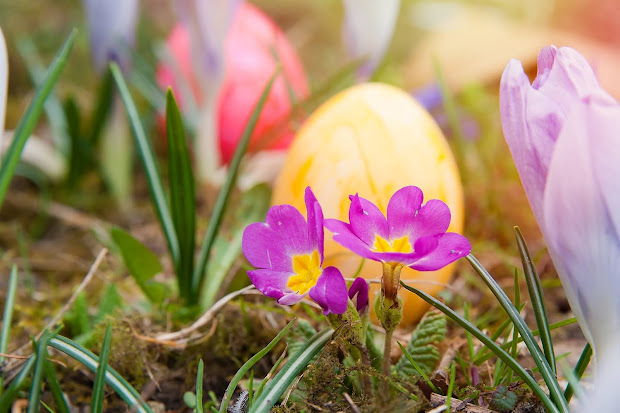Le Vendredi Treize

Le Vendredi Treize Friday the 13th has always been the source of many superstitions and legends! What are the origins? Pagan? Greek and Roman? Biblical? Knights Templar? Although there are many theories, many French see the origin of this significant day in the New Testament that links Friday the 13th to the Last Supper and Jesus’ Crucifixion. Twelve of Jesus’ disciples attended the Last Supper, bringing the numbers of participants obviously to 13. Jesus’ last meal took place before his Crucifixion on the Friday of the Holy Week Is Friday the 13 th lucky or unlucky? In spite of all the suspicions and stories, Friday the 13th is considered a Lucky day by many French people, especially by those gaming. Figures show that there are 3 times more gamers on Friday the 13th than on any other Friday! The “ Française des Jeux ”, the official operator of France’s national lottery games , is taking full advantage and , the official operator of France’s national lotte...














